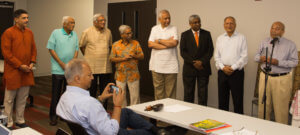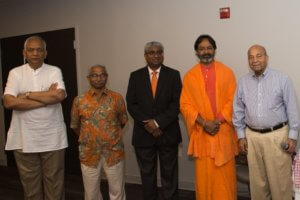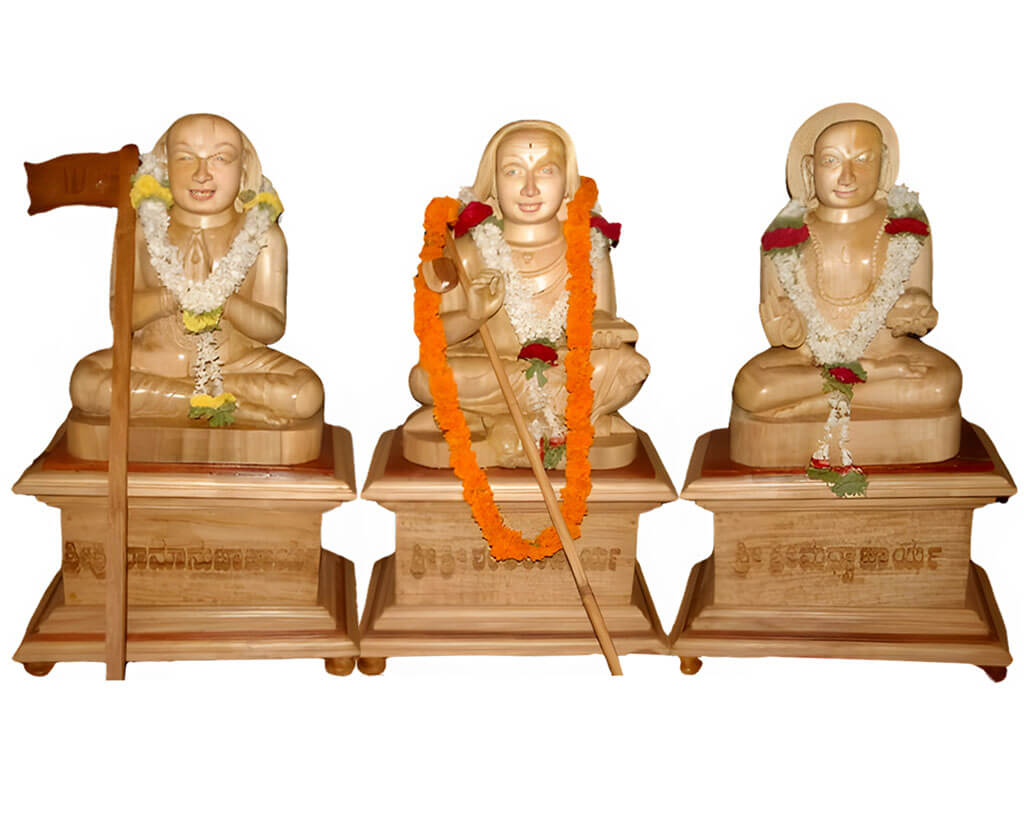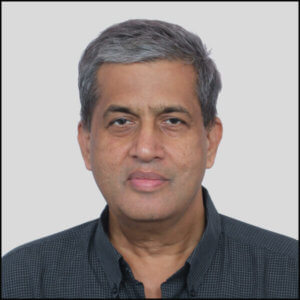
Latest Blog A Rejuvenating Journey
Annual Giving Campaign - 2023-2024 is under way. Donate today by Clicking Here, and help us reach our goal.
So far, $13,38,104 has been raised out of a target of $ 3 Million. Click Here to donate today and help us reach our goal.












